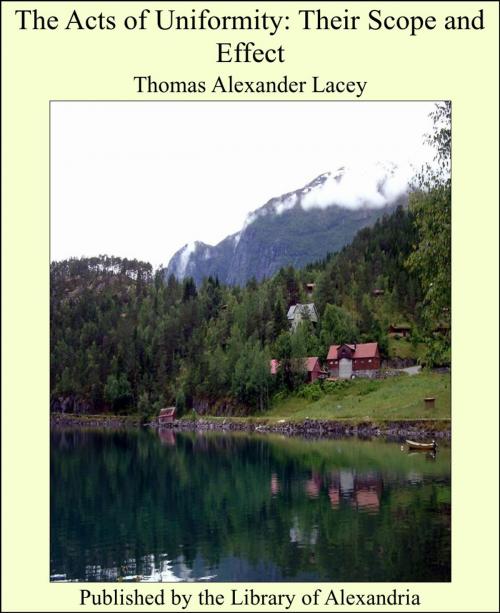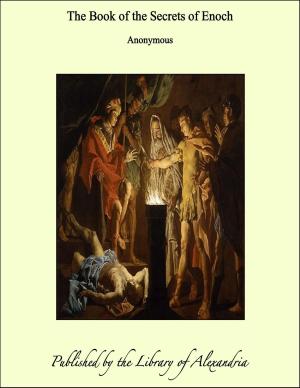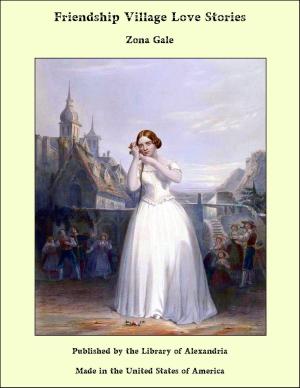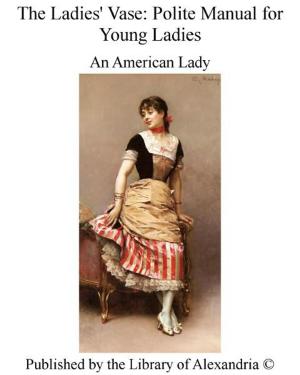The Acts of Uniformity: Their Scope and Effect
Nonfiction, Religion & Spirituality, New Age, History, Fiction & Literature| Author: | Thomas Alexander Lacey | ISBN: | 9781465513533 |
| Publisher: | Library of Alexandria | Publication: | March 8, 2015 |
| Imprint: | Language: | English |
| Author: | Thomas Alexander Lacey |
| ISBN: | 9781465513533 |
| Publisher: | Library of Alexandria |
| Publication: | March 8, 2015 |
| Imprint: | |
| Language: | English |
The Acts of Uniformity are incidents in a great movement. They are far from being the most important of its incidents. Their importance has perhaps been exaggerated, and their purport is commonly misunderstood. My object is to place them in their true relation to other incidents. It is useless to study them apart; they cannot be understood except as details of a connected history. I shall confine myself, however, to a narrow, question: assuming the general history, I shall ask how the several Acts of Uniformity come into it, with what purpose and with what ultimate effect. To study immediate effects would be to engage in too wide an inquiry. We owe thanks to the men who drafted the statutes of the sixteenth century for their long argumentative preambles. These are invaluable as showing the occasion and purpose of the Acts. We shall not go to them for an uncoloured record of facts--their unsupported assertions will hardly, indeed, be taken as evidence for facts at all; but they tell us to what facts the legislator wished to call attention, and in what light he would have them regarded. The preamble of the first Act of Uniformity is among the most illuminating, and with its help we can assemble the facts in relation to which the purport of the Act must be determined. We are in the year 1548. Important changes in matters of religion had taken place; greater changes were in prospect. The processions before High Mass on Sundays and Festivals, conspicuous and popular ceremonies, had been stopped on rather flimsy grounds, and a Litany in English substituted--the "English Procession," as it was called. Many images in the churches had been destroyed, as superstitious; the censing of those remaining had ceased. The peculiar ceremonies of Candlemas, Ash Wednesday, and Palm Sunday had been omitted in many places. A chapter of the Bible in English was being read after the lessons at Mattins, and at Evensong after Magnificat.
The Acts of Uniformity are incidents in a great movement. They are far from being the most important of its incidents. Their importance has perhaps been exaggerated, and their purport is commonly misunderstood. My object is to place them in their true relation to other incidents. It is useless to study them apart; they cannot be understood except as details of a connected history. I shall confine myself, however, to a narrow, question: assuming the general history, I shall ask how the several Acts of Uniformity come into it, with what purpose and with what ultimate effect. To study immediate effects would be to engage in too wide an inquiry. We owe thanks to the men who drafted the statutes of the sixteenth century for their long argumentative preambles. These are invaluable as showing the occasion and purpose of the Acts. We shall not go to them for an uncoloured record of facts--their unsupported assertions will hardly, indeed, be taken as evidence for facts at all; but they tell us to what facts the legislator wished to call attention, and in what light he would have them regarded. The preamble of the first Act of Uniformity is among the most illuminating, and with its help we can assemble the facts in relation to which the purport of the Act must be determined. We are in the year 1548. Important changes in matters of religion had taken place; greater changes were in prospect. The processions before High Mass on Sundays and Festivals, conspicuous and popular ceremonies, had been stopped on rather flimsy grounds, and a Litany in English substituted--the "English Procession," as it was called. Many images in the churches had been destroyed, as superstitious; the censing of those remaining had ceased. The peculiar ceremonies of Candlemas, Ash Wednesday, and Palm Sunday had been omitted in many places. A chapter of the Bible in English was being read after the lessons at Mattins, and at Evensong after Magnificat.















